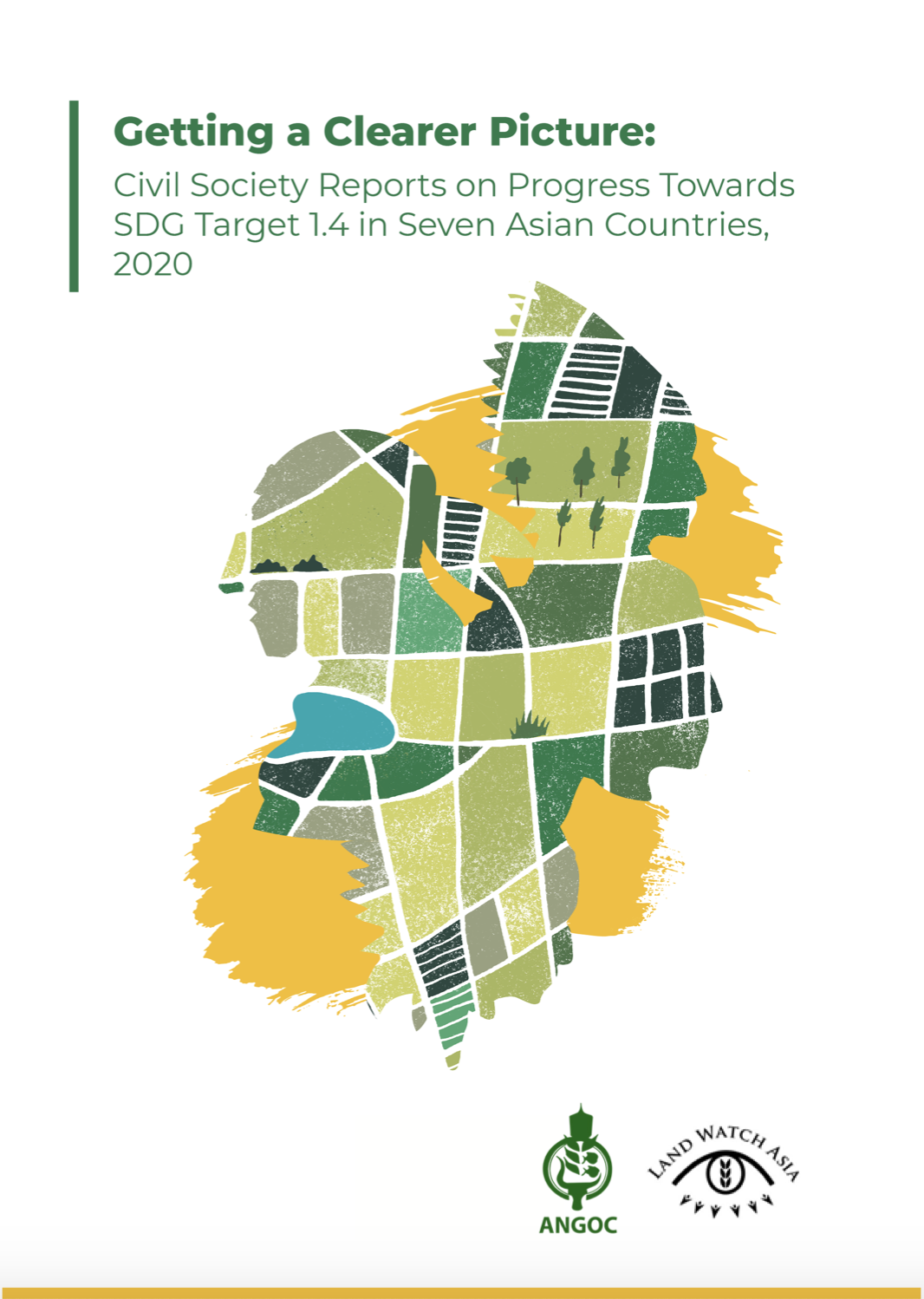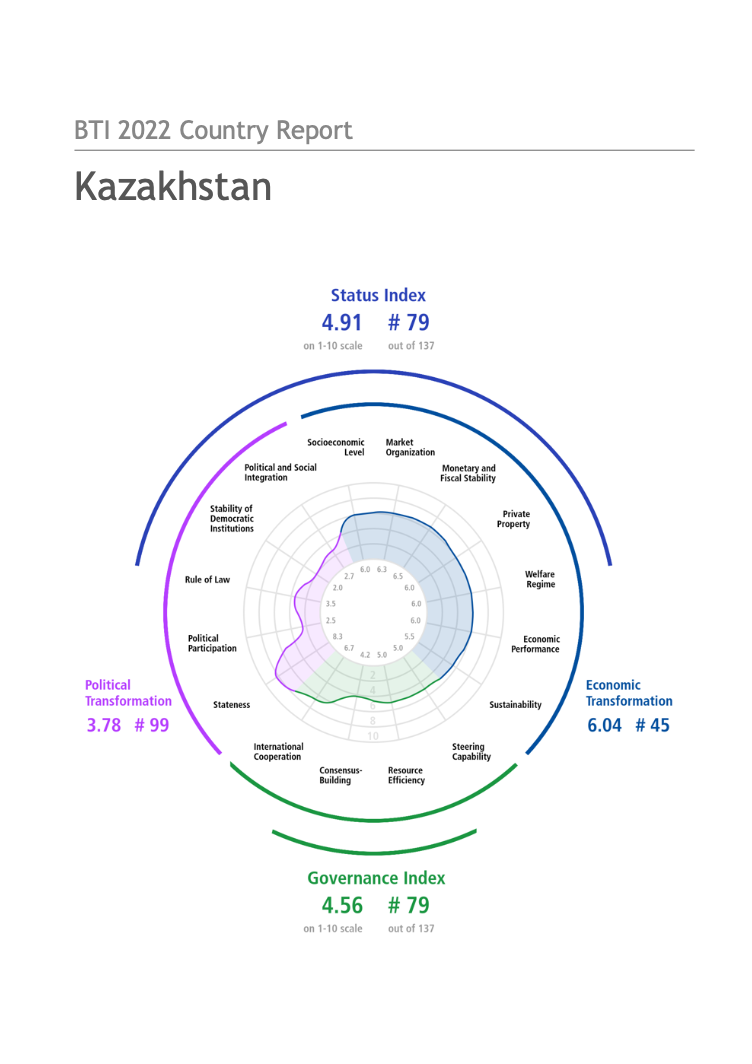Getting a Clearer Picture: Civil Society Reports on Progress Towards SDG Target 1.4 in Seven Asian Countries, 2020
Target 1.4 of the UN Sustainable Development
This target’s inclusion under SDG Goal 1, on “ending poverty in all its forms,” signifies a new global recognition that secure land tenure should be a central strategy in combating poverty. However, this land agenda has not been prominent in recent SDG reporting processes of governments.









